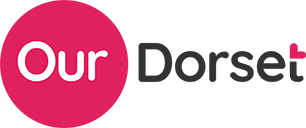At a glance
Group conversation
Focus groups are an established method of group conversation often used in research projects, marketing, consultation, and engagement. Through a guided discussion participants share their thoughts, opinions, and experiences on a specific topic. Focus groups can also be used to generate ideas and prioritise options.
Focus groups are a rich source of data providing a breadth of perspectives, with the group dynamic allowing discussion, idea generation, experience sharing and debate among participants. The interaction between group participants can lead to deeper insights and more nuanced understanding.
About this approach
Focus Groups

